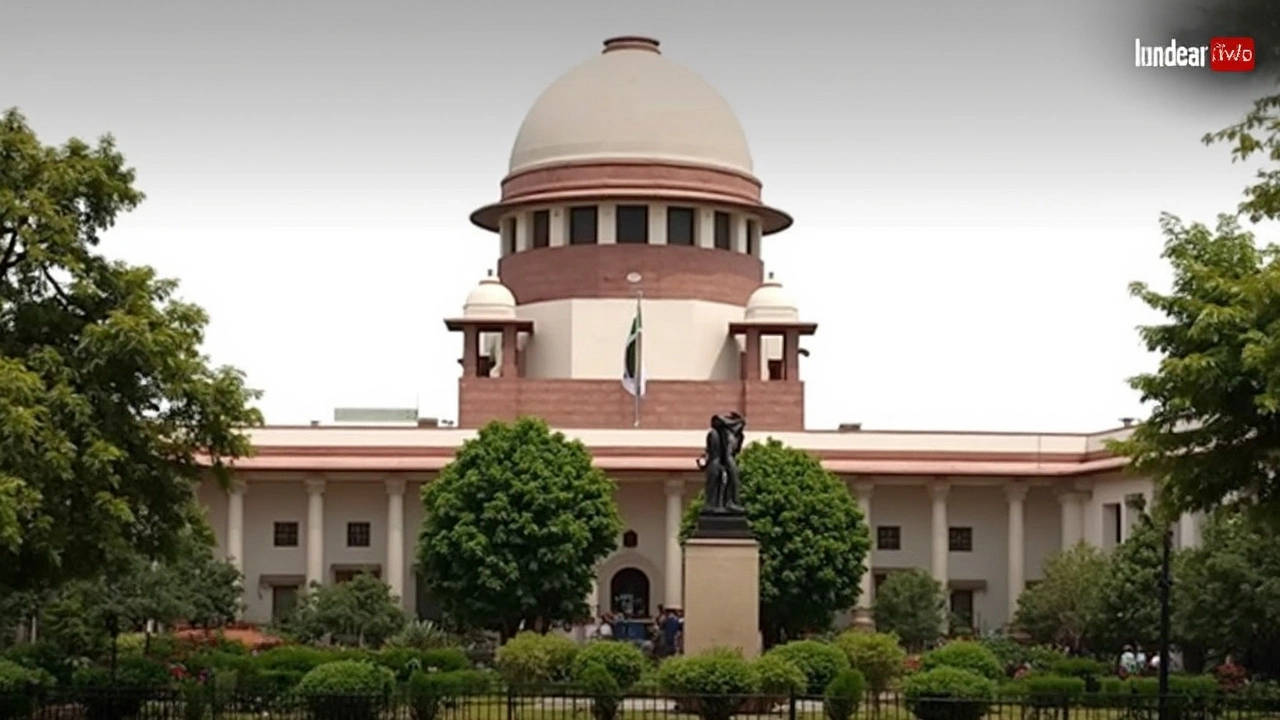Anticipatory Bail: What It Is and How to Get It Quickly
Ever heard of anticipatory bail and wondered why it matters? It’s a legal tool that lets you ask a court for protection before you are actually arrested. Think of it as a safety net when you suspect the police might detain you for a crime you’re involved in.
When Can You Apply for Anticipatory Bail?
You can file for anticipatory bail if you have a strong reason to believe you’ll be arrested. This usually happens in cases where a non‑bailable offence is under investigation, or when a complaint could lead to a sudden arrest. The key point is that you must act before the police actually take you into custody.
The application is typically made in the High Court or the Court of Session having jurisdiction over the area where the alleged offense took place. If you’re not sure which court to approach, a local lawyer can point you in the right direction.
Step‑by‑Step Process to Secure Anticipatory Bail
1. Talk to a lawyer. A criminal lawyer will help you assess if you have a valid case for anticipatory bail. They’ll also draft the petition for you.
2. Prepare your petition. The petition should include details like the FIR number (if filed), the sections of law you’re accused under, and why you think you’ll be arrested. Attach any evidence that supports your claim – emails, messages, or documents that show you’re not a flight risk.
3. File the petition. Submit it to the appropriate court along with the required court fees. The court will then issue a notice to the investigating agency.
4. Hearing and orders. The court may grant interim bail right away, or set a date for a full hearing. During the hearing, the judge will consider arguments from both you and the police. If the judge is convinced, you’ll get an anticipatory bail order.
5. Follow the conditions. The bail order often comes with conditions – you might have to surrender your passport, appear before the police regularly, or not tamper with evidence. Ignoring these can lead to the bail being cancelled.
6. What if the police still arrest you? If the police detain you after you have an anticipatory bail order, they must produce you before the court that granted the bail. The court will then release you as per the bail terms.
Common Mistakes to Avoid
Don’t wait until you’re already in handcuffs to think about bail. The moment you suspect an arrest, start the process. Also, avoid hiding assets or changing your contact details – the court sees this as trying to evade the law.
Make sure your lawyer files the petition in the correct jurisdiction. A misplaced filing can delay the whole process and give the police a chance to arrest you first.
Lastly, keep a copy of the bail order with you at all times. If you’re pulled over or stopped, showing the order can save a lot of hassle.
Anticipatory bail is a powerful safeguard, but it works only when you act fast and follow the legal steps. With the right advice and a clear understanding of the process, you can protect yourself before the police even knock on your door.
Supreme Court Challenges Ashish Chanchlani's Plea in Comedy Show Dispute Amid Existing Bail
The Supreme Court questioned Ashish Chanchlani for seeking relief despite having anticipatory bail in a vulgar comedy case. Concerned with multiple FIRs across states, Chanchlani seeks jurisdiction clarification. The court has tagged this with a similar case for combined hearing, asking for replies from state governments on FIR consolidation.





